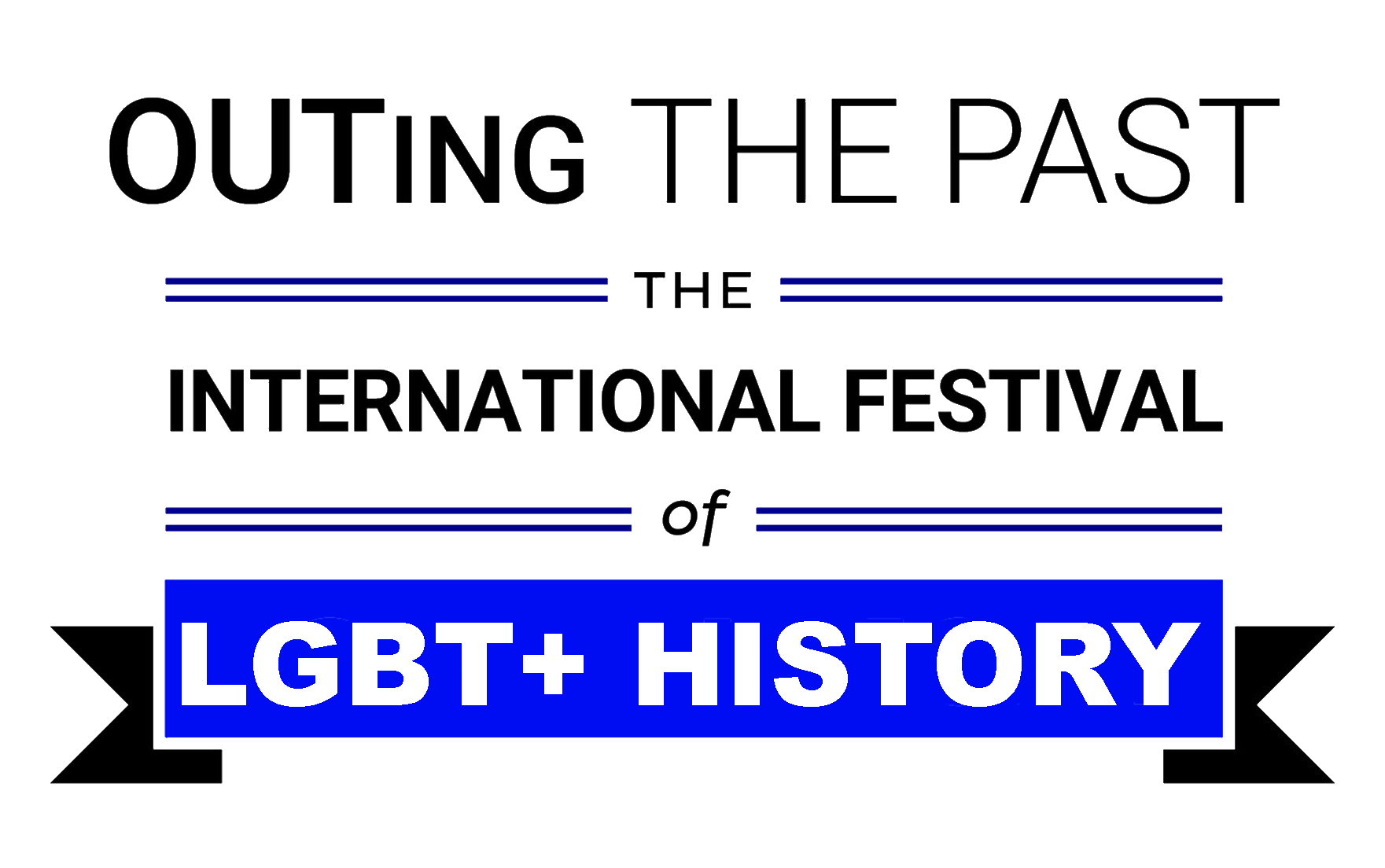OTP 2020 Hub - London School of Economics, London
Social Revolution: women's liberation and gay liberation in the 1970s and 80s
LSE OUTing the Past Hub Day Programme
Thursday 6 February
LSE Library is proud to be a hub for OUTing the Past (outingthepast.com) in LGBT+ History Month. We are really pleased that our exhibition Social Revolution: women's liberation and gay liberation in the 1970s and 80s will also be on display to mark 50 years since the first women’s liberation conference in Oxford and the first meeting of the Gay Liberation Front in London. Archive items, from the Hall Carpenter Archive and Women’s Library collections, particularly illustrate how activists used and transformed publishing, performance and visual imagery around gender. #LSELGBT @LGBTHM @OTPFest
Healthcare and Activism
1-2.15pm, LSE Library Education Room, LSE Library, Lionel Robbins Building, Portugal Street.
Hear about two different investigations into the role of mental healthcare and the university sector in oppressing LGBT+ people and their fight back in late twentieth century Britain.
‘Special Problem’: lesbians and the mental health system
Professor Helen Spandler
It is well documented that homosexuality was classified as a mental illness in the DSM until 1973, when it was replaced with the diagnosis of "sexual orientation disturbance”. It is widely known that homosexual men in England were criminalized and risked imprisonment or aversion therapy in a psychiatric hospital. Far less is known about same-sex attracted women in England who were not subject to court referral routes into psychiatric treatment. Although female homosexuality was not criminalized in England, it was still officially classified as a mental disorder (“sexual deviation”). As part of a cohort of studies on the theme of Sexualities and Health funded by the Wellcome Trust, we conducted an archival study (Hidden from History) of women’s and lesbian, gay, bisexual, and transgender archives in England to investigate what happened to same-sex attracted women in the mental health system from 1950’s until 1970’s.
Banning student targeted AIDS/HIV+ Health Advice (The Pink Guide 1991-1996) in the 1990s
Jeff Evans
During the late 1980s and early 1990s Mainstream Media’s coverage of the HIV/AIDS infection added to the embedded homophobia (e.g. SUN newspaper’s ‘gay plague’ headlines) of the period. In response a small group of Manchester based students at University of Manchester, Salford, UMIST and MMU coordinated a spectacular counter campaign within higher education sector. One of these projects included the production of an annual publication entitled ‘The Pink Guide’, which included advice on LGBT+ social facilities, groups and especially (during the HIV/AIDS panic) detailed government/NHS health advice to keep people safe and healthy. It became the subject of regular attack from Student Unions and their Universities over the life of the six annual publications (1991 – 1996) for providing such advice. This presentation provides an overview of the little known and largely forgotten role of the university sector’s role in stopping life-saving health information and positive readings of human diversity getting to its students.
Thursday 2.30-4.30pm, Gallery LSE Library
Poetry, Plays and Prose from The Women’s Library.
Relevant books and material from the Women’s Library around the theme of literature and performance will be available to browse in the Library Gallery.
Performance and Broadcast
6.30-8pm, Workspace 2, LSE LIFE in LSE Library
Three different talks on how cabaret, broadcast and theatre can be used in activism and to liberate LGBT+ people with Rainer Schulze, Jan Bridget and Peter Scot-Presland. Followed by a drinks reception 8-9pm in the Library Gallery. Please indicate attendance (for catering info) via Eventbrite: Link tbc
Who was Suleika Aldini?
Rainer Schulze
Suleika Aldini was a cabaret artist in West Germany from the 1960s until the mid 1990s. For many years, at the height of her career, she performed at the Chez Nous cabaret bar, (West) Berlin’s oldest and best known “travesty theatre” (as they were called at the time), which celebrated the artistry of female impersonators and trans women. Her life as a cabaret artist is well documented, not least through a huge collection of personal photographs, but very little is known about her life before or after. Suleika’s life is an untold story, which documents both the unending struggles of a transgender person in the 1960s, 1970s and 1980s, but also the joys it held for her.
The Jan Bridget video archive
Jan Bridget
The collection includes videos of news items on LGBT issues, eg section 28, forces, age of consent, etc. Jan will be talking about how she has used video in the past as part of a training package around raising awareness of and addressing homophobia. It also includes television coverage from when she co-ran the Lesbian Information Service for ten years from 1987. The video archive has recently been deposited at Ruskin College and will be available for research use.
Entertaining the Troops
Peter Scott-Presland
Peter Scott-Presland, the founder and director of Consenting Adults in Public (CAIP), the LGBT Theatre Company which flourished 1979 to 1987, covers CAIP’s early story. Avowedly part of 'the community' and therefore amateur in status it nevertheless provided the first drama workshops for LGBT people to explore identity and feeling, and put on the first play to address HIV/AIDS in this country. Based in London, it went to the Edinburgh Fringe twice and toured extensively. Mary Whitehouse commented on one of their shows 'I haven't seen it, but I'm sure I disapprove of it. An exploration of the relationship between politics and performance.


